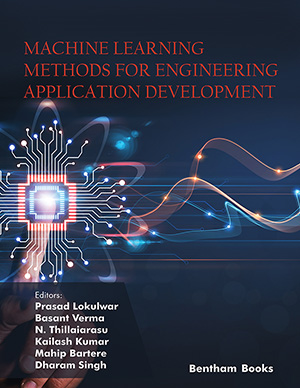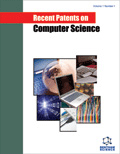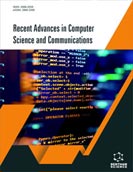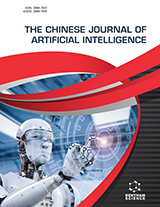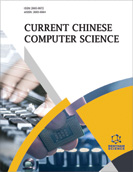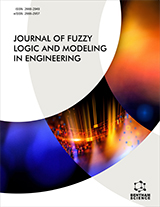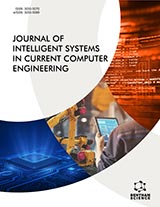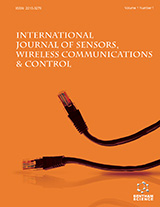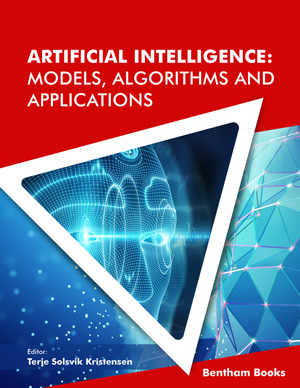Abstract
An unprecedented outbreak of unknown aetiology pneumonia occurred in Wuhan of Hubei, China, in December 2019. The WHO reported a novel coronavirus causative agent outbreak with limited evidence of COVID-19. SARS-CoV-2 embodies the ssRNA genome containing 29891 nucleotides to encode 9860 amino acids and shows different types of mutations, such as D614G. The epidemic of this virus officially declared an emergency of International Concern by the WHO in January 2020. In the first week of April 2021, a new strain of coronavirus named N-440 was reported in Chandigarh, India. The number of cases of laboratory-confirmed coronavirus has risen at an unprecedented pace worldwide, with more than 132,573,231 cases currently confirmed, including 2,876,411 deaths as of April 06th 2021. The lack of funding to survive the epidemic of this virus, coupled with the concern of overloaded healthcare systems, has driven a lot of countries into a partial/total lockout situation. This epidemic has caused chaos, and a rapid therapy of the disease would be a therapeutic medication with experience of use in patients to overcome the current pandemic. In the recent global emergency, researchers, clinicians and public health care experts around the world continue to search for emerging technologies to help tackle the pandemic of this virus. In this chapter, we rely on numerous reputable sources to provide a detailed analysis of all the main pandemic relevant aspects. This research illustrates not only the immediate safety effects connected with the COVID-19 epidemic but also its impact on the global socioeconomy, education, social life and employment. Artificial Intelligence (AI) plays a significant supporting capacity in countering COVID-19 and may prompt arrangements quicker than we can, in any case, achieve in different zones and applications. With technological developments in AI combined with improved computing capacity, the repurposing of AI-enhanced medications may be useful in the cases of this virus. Artificial intelligence has gotten one of those advances which can undoubtedly distin- guish the transmission of this virus; exceptionally hazardous victims are recognized and are significant for constant control of that contamination. Artificial intelligence could genuinely assist us in battling against this infection through network testing, clinical administrations and advice on controlling diseases. This chapter addresses recent applications of AI in fighting the pandemics of this virus, e.g., monitoring of the epidemic, forecast of hazards, screening and diagnosis, improvement of medical treatment, fake news breaks, strengthening lockdowns, preventing cyber-attacks and finally, effective online education. This chapter will provide a clear definition and general understanding of the field of this virus pandemic and the role of AI to readers and researchers.
Keywords: Artificial Intelligence, Coronavirus, Corona App, Contact tracing, COVID-19 Pandemic, Cyber Threats, Drugs and Vaccines, Global Economy, Social Life Impact, AI applications, Monitoring, Projection.


